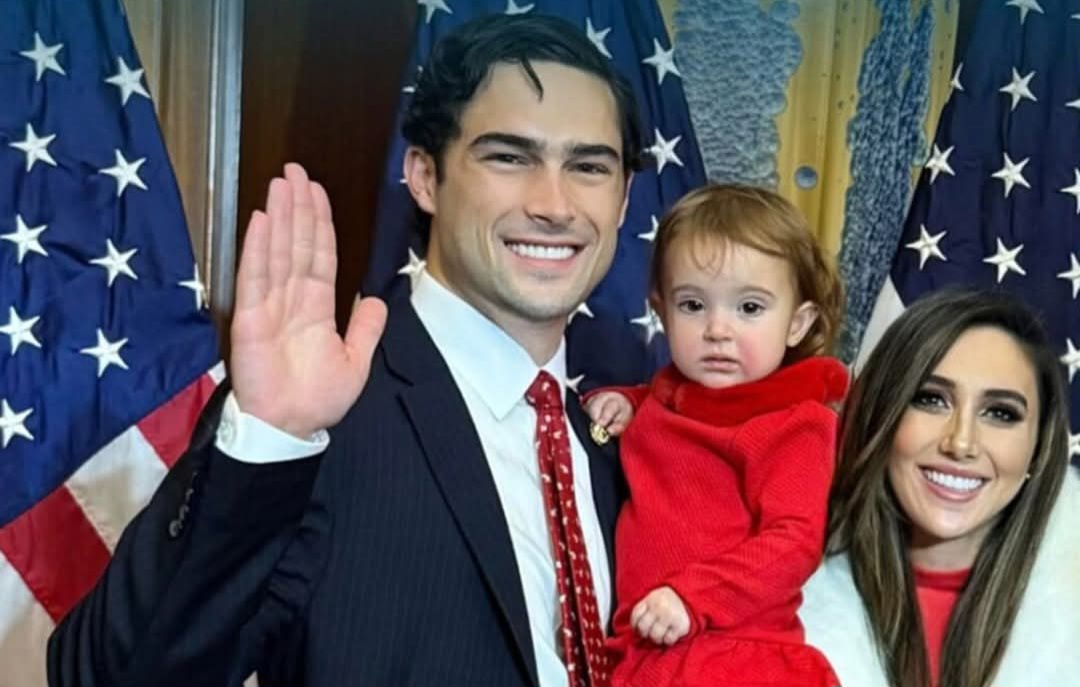NOTE: VIDEO AT THE END OF ARTICLE
Tensions Flare as Rep. Gill Grills DEI Scholar Over Race in Hiring, College Admissions
A congressional hearing on diversity, equity, and inclusion (DEI) policies turned tense this week when Texas Republican Rep. Brandon Gill pressed Dr. Shaun Harper, a prominent DEI expert, on whether race should play a role in hiring decisions.
Dr. Harper, who has received over $20 million in funding from the Open Society Foundations and the Bill and Melinda Gates Foundation, testified before the House Committee on Education and the Workforce. The hearing focused on the legal and societal impact of DEI initiatives in public institutions.
Rep. Gill opened with a pointed question: “Should people be treated differently based on race?” Dr. Harper responded by emphasizing the importance of equitable access to resources and remedies but avoided a direct “yes or no” answer. Gill pushed back, calling the response evasive and stating, “That sounds like a yes.”
The questioning intensified when Gill asked whether race should be considered in hiring. Dr. Harper replied, “I don’t believe that white people are the only group qualified for jobs.” Gill swiftly responded, “Nobody said that. I asked if race should be a factor.”
Accusations of implication followed, with Gill asserting that Harper’s answers indirectly suggested racial bias, though Harper denied calling the congressman a racist. “You implied it though,” Gill countered.
Later, Gill posed a hypothetical university admissions scenario involving a Black and a white applicant competing for one spot. He asked if both should be evaluated using the same objective criteria. Harper again declined to give a definitive answer, advocating instead for “holistic admissions,” which factor in academic merit, extracurriculars, socioeconomic status, race, and gender.
“I can’t answer that question for you as a proponent of holistic admissions,” Harper said. Gill interpreted the refusal as confirmation that race is indeed a factor: “I’ll take that as a no.”
The exchange highlighted the growing divide in public discourse over DEI, with critics arguing it undermines merit-based systems, while advocates say it addresses historical inequities.
The hearing is part of a broader congressional review into the legality and impact of race-conscious policies in taxpayer-funded institutions.
Lawmakers are expected to continue exploring the constitutional implications in upcoming sessions.

Sarah Mitchell is a bestselling novelist recognized for her insightful and emotionally resonant stories that explore the complexities of human relationships. Originally from Denver, Colorado, Sarah grew up in a family of teachers who nurtured her curiosity and love for storytelling. She studied psychology at Stanford University, where she became fascinated by the intricacies of human behavior—an interest that would later shape her writing career. Sarah’s novels are praised for their nuanced characters, intricate plots, and ability to capture the subtle tensions that define love, friendship, and family ties. Her breakthrough novel, The Spaces Between Us, became an instant bestseller, lauded for its honest portrayal of strained family relationships and the fragile bonds that hold people together. Since then, she has published several works that continue to captivate audiences around the world. Outside of her writing career, Sarah is passionate about mental health advocacy and often partners with organizations to promote awareness and support for those struggling with emotional well-being. Her personal life is quieter—she enjoys hiking in the Colorado mountains, practicing yoga, and spending time with close friends. With each new book, Sarah Mitchell cements her reputation as a writer who illuminates the beauty and struggles of human connection.









